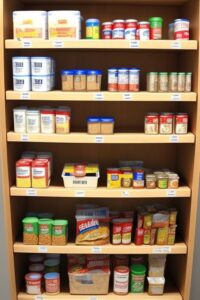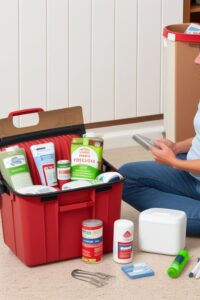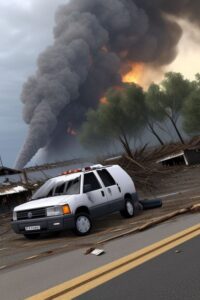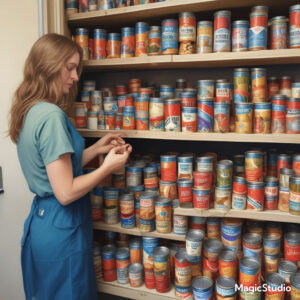The media frequently portrays preppers as extreme and unrealistic. The truth is that preppers are gearing up for times when life could get tougher. They foresee potential risks and needs, taking sensible measures to prepare while enjoying the present. Rather than prepping for doomsday, most preppers prepare for likely events such as natural disasters, power outages, and financial challenges.
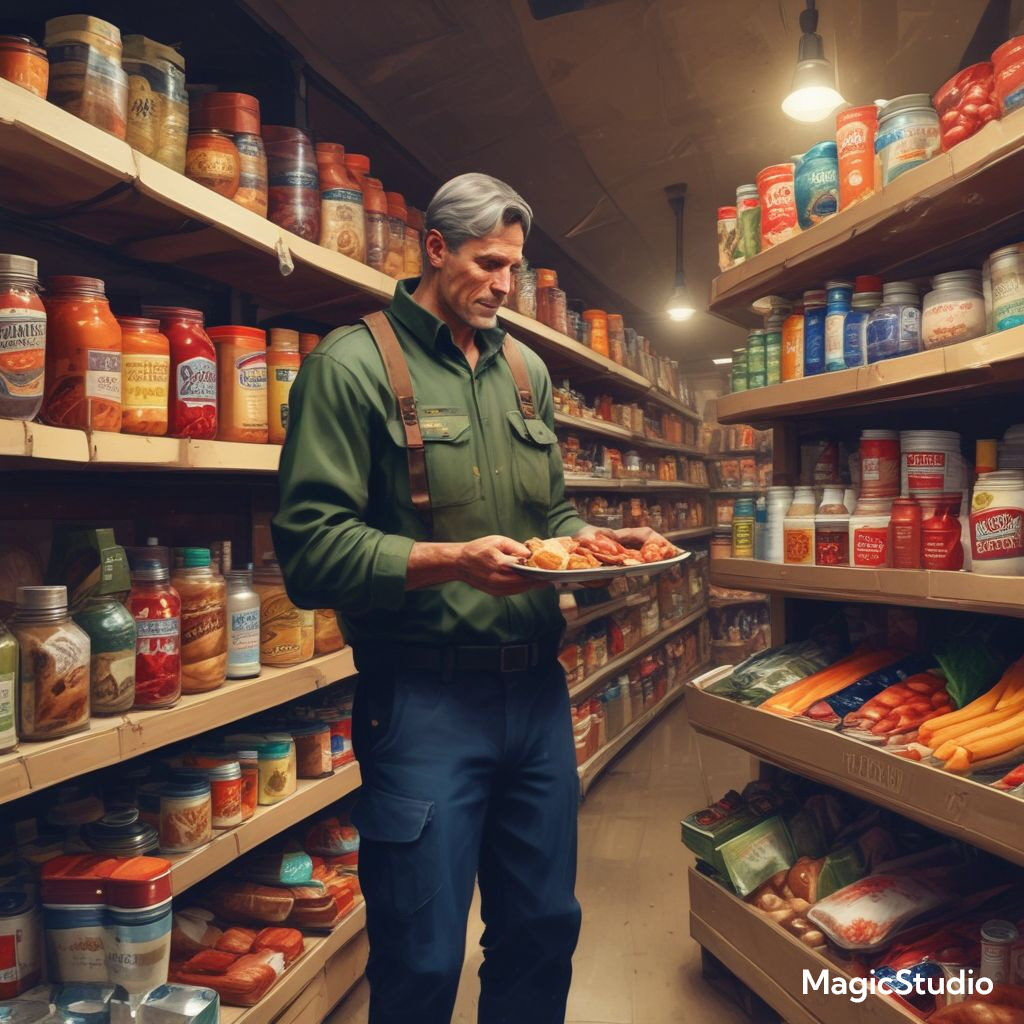
Preppers are individuals who have the wisdom and insight to prepare for possible events that may impact their lives. They build up knowledge and skills, collect supplies, and form communities that support one another. They understand that change is a constant in life and that being prepared is a way to lessen the effect that an emergency or disaster may have on their lives.
There are compelling reasons why individuals should become preppers. Preppers embrace the Boy Scout motto “Be Prepared” and understand the value of being ready both in mind and body to take care of themselves and their families. Prepping is not a new concept; historically, being a prepper significantly increased the chances of surviving through the winter. The concept of victory gardens in WWII and the Great Depression emphasized the need for self-reliance and stocking up.
Preppers are equipped for everyday challenges with supplies to manage financial difficulties or power outages. They build relationships and strengthen communities by uniting to help each other every day, as well as when disaster strikes. Having a full pantry and needing fewer grocery runs can simplify life and lessen stress for preppers.
To conclude, prepping is a sensible approach to future challenges, not a sign of craziness. By being prepared, individuals can reduce the impact of an emergency or disaster on their lives and be self-reliant. Prepping is a treasured part of our heritage, and we would be wise to embrace it.

